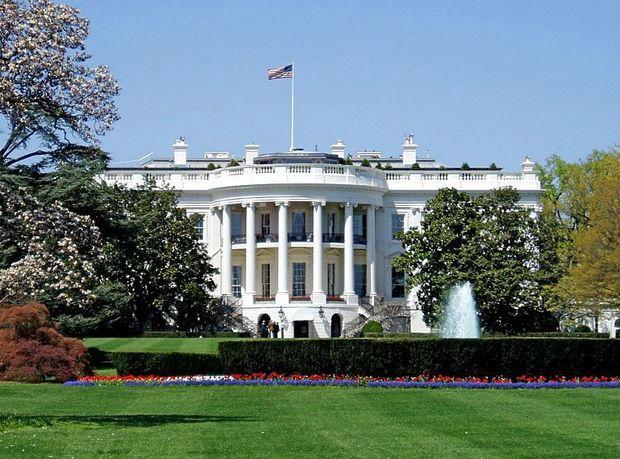Trump ethics watchdog 'scraps ban on anonymous donations towards White House staff legal fees'
Office of Government Ethics removes part of guidance that prohibited employees accepting contributions from unnamed donors

Donald Trump's ethics watchdog appears to have quietly scrapped a policy that banned lobbyists from making anonymous donations towards the legal bills of White House staff.
The Office of Government Ethics (OGE) reversed a revision to guidance which prohibited government employees accepting contributions to legal funds from unnamed donors.
A legal defence fund has reportedly been set up for Trump aides, including communications director Hope Hicks and senior advisor Jared Kushner, likely to face questioning in the investigation into Russian interference in last year's election.
A 1993 OGE memo said White House staffers could solicit anonymous donations to such legal funds from otherwise prohibited sources, such as lobbyists and organisations that do business with government.
The guidance was quickly identified as flawed and the department subsequently advised employees not to accept contributions from unnamed lobbyists.
But the policy was not formally changed until last year, when then OGE director Walter Shaub began a review and inserted a note warning employees that some parts of the official guidance were "not consistent with current OGE interpretation and practice".
“I was worried they’d read the [1993] opinion and think it’s valid,” he told Politico.
However, Mr Shaub's note has been removed from the latest version of the guidance and replaced with a note stating that the 1993 policy "has not changed".
Mr Shaub, who resigned from the director role in July, tweeted pictures of the document before and after the edit.
“It’s very depressing,” he said. “It’s unseemly for the ethics office to be doing something sneaky like that.”
The switch could potentially help Trump allies raise funds for legal advice as they face questions from special counsel Robert Mueller over allegations of links between the Republican's presidential campaign and Moscow.
The White House said it was not helping to set up any legal defence funds and was not pushing for any change that would allow anonymous donations.
"This is another example of Walter Shaub - who has no direct knowledge of anything the White House is doing or assisting with - trying to make himself feel relevant," said spokeswoman Lindsay Walters.
Mr Shaub has previously described himself as "embarrassed" by Mr Trump's conflicts of interest and said he feared the White House could be seen as a kleptocracy.
"We are truly in an ethics crisis right now, and something has got to be done about it," he added.
Republicans are said to fear Mr Mueller is "going for the kill" in his investigation into Russian election interference.
Mr Mueller has reportedly hired lawyers experienced in handling money-laundering cases and the Mafia in his pursuit of witnesses and evidence.
Join our commenting forum
Join thought-provoking conversations, follow other Independent readers and see their replies
0Comments